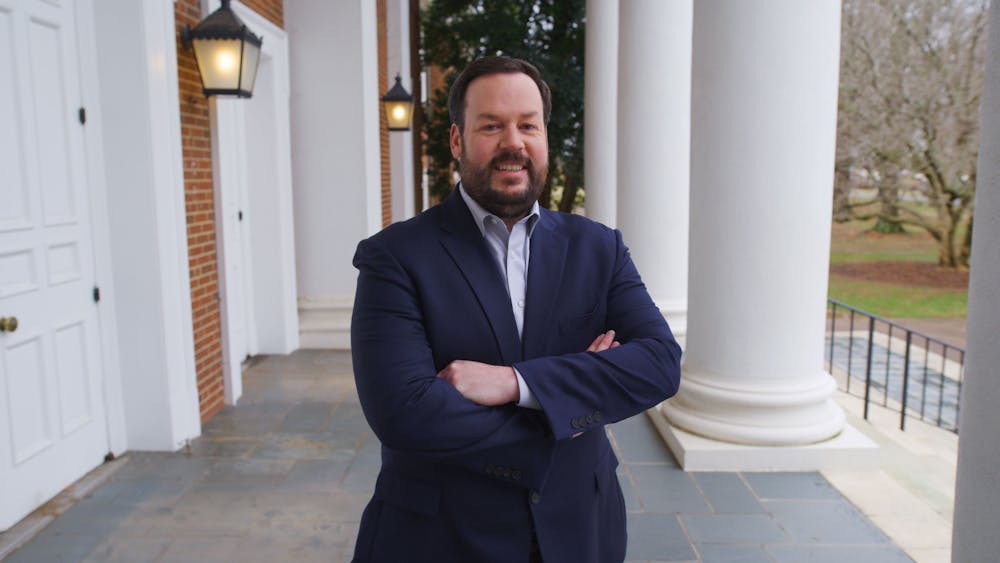The Daily Tar Heel's Gabrielle Rothstein spoke with state treasurer candidate Wesley Harris to hear about his experience and plans for the state treasury. His opponent in the Democratic primary is Gabe Esparza.
The Daily Tar Heel: What aspects of your background are relevant to your candidacy for the role of North Carolina Treasurer?
Wesley Harris: After completing my degrees at UNC and Clemson, I joined an accounting firm in Boston where I did international tax consulting. Then, I came back to Charlotte, N.C. I decided to run for the N.C. Senate in 2018. I always wanted to get involved in politics and public service, so I decided this was the time.
Since I've been in the legislature, I've been the lead Democrat on every financial and economic issue in our caucus. This past year, I was the lead Democrat on our budget committee which dealt with our debating strategy for the upcoming budget.
There is no Democratic candidate for treasurer in North Carolina that understands the finances of our state and the budget of our state more than me, and I decided to run for treasurer because I've seen time and time again since I've been in the legislature what's happening to our state when we make short-sighted financial decisions.
DTH: What are some of the top issues you hope to address as state treasurer?
WH: If you want to look at why our democracy is holding on by a thread and why our economy is so unstable, it is the urban-rural divide. And so if we want to bring this state together, then we need someone who understands North Carolina, someone who understands what it's like growing up in rural North Carolina.
When I was growing up, we had a state government that believed in my community, that opened up the doors for opportunity. When opportunity goes away, that's when people lose faith in the system.
That is my solemn vow, because I know what North Carolina can do, because North Carolina is being left behind. It used to be a leader in education, a leader in finance, a leader in technology, and a leader in healthcare. We did that by investing in our people, but we've gone away from that in the past 10 or 15 years or so. We're finally starting to see the cracks in the system.



